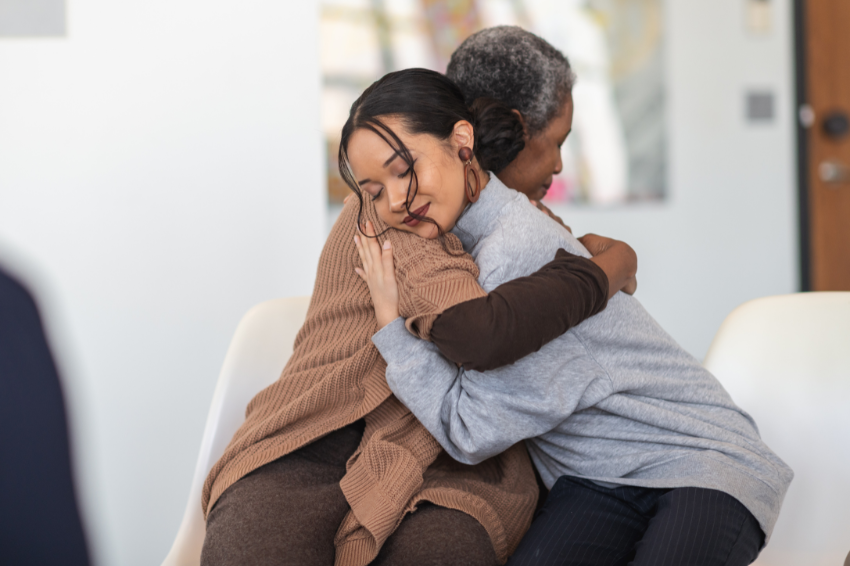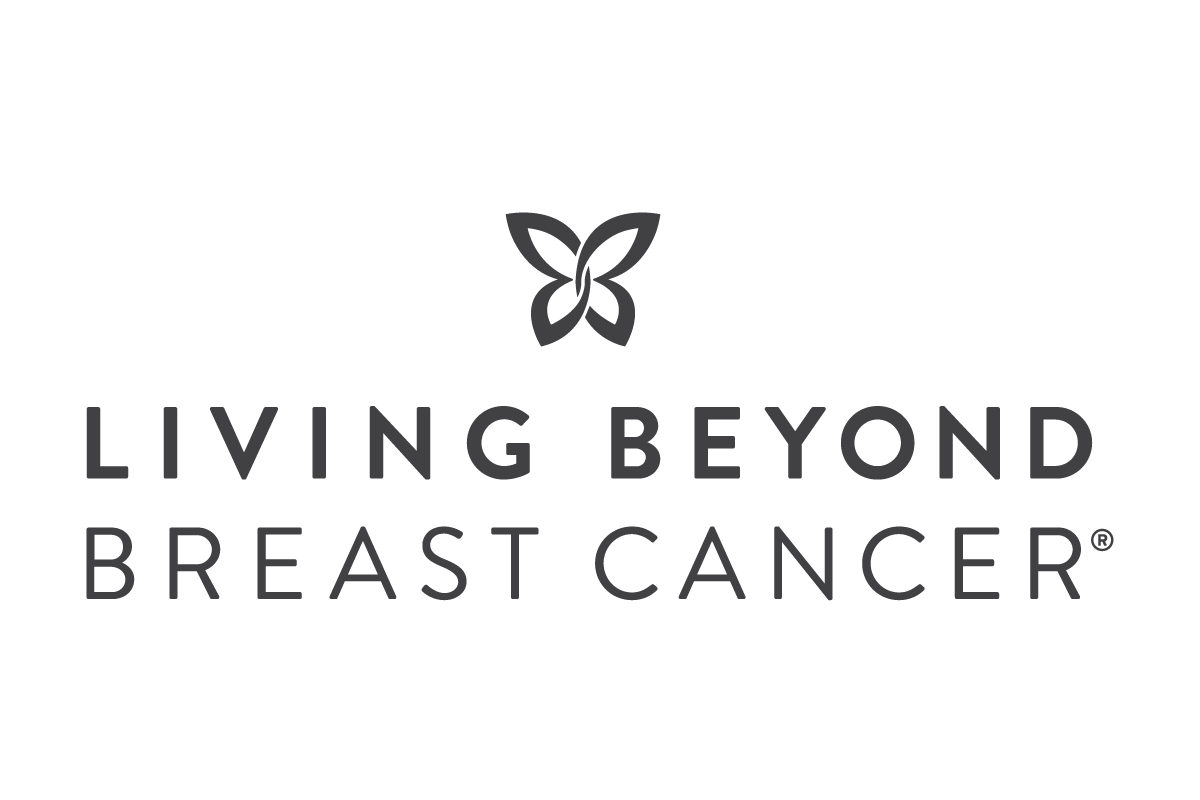How to support your loved one living with metastatic breast cancer
- Medical Review: LBBC Staff

If someone you love has been diagnosed with metastatic breast cancer, it’s totally understandable if you’re feeling uncertain or even helpless about how to provide support. But there are lots of ways you can be there for your loved one. Metastatic breast cancer treatment is ongoing, and your loved one’s needs may change over time.
Each person living with this diagnosis has their own unique needs. On this page, you can find a starting point for ways to offer support, including how to talk to your loved one about what they want and need. We’ll also share things to avoid, and what you can do instead.
The role you play in your loved one’s care
Different people play different roles in caring for the person you love. Partners, parents, children, siblings, and other loved ones give different kinds of support to each other throughout their lives. With the intensity of metastatic breast cancer, it may sometimes feel like relationship roles are shifting. For instance, if you’re caring for a parent, there may be times when you feel like you’re the parent and your parent is feeling a loss of authority. On this page, we’ll explain some ways to help preserve balance in your relationship with your loved one through this experience.
Supporting a partner diagnosed with metastatic breast cancer
Here are some tips for supportive communication with your partner:
- Cancer can take away a person’s sense of control. Even though it can feel good to dive in and start helping the person you love — for example, by doing research or taking charge of scheduling and appointment needs — this can sometimes make a partner feel like their personal power is being taken away. Instead, start by asking, “How can I best help you?”
- Talk with your partner about adjustments the two of you can make in managing household responsibilities, such as grocery shopping and cooking. Ask your partner if there are tasks that feel overwhelming that you can do yourself, or suggest enlisting the help of another family member or friend.
- Have an honest conversation about how sex and intimacy may change, and talk about ways to share closeness that can still feel fulfilling for both of you. Visit our page on intimacy and sexuality with metastatic breast cancer for more information.
Caregiving can mean expending significant mental, physical, and emotional energy. Remember to take time for yourself regularly to recharge and replenish.
Talking to children about ways they can help
Children can help too – and being involved can even give them a sense of purpose and pride:
- If you have children, let them know that the parent diagnosed with metastatic breast cancer may not always be as available as they once were.
- Give children ideas about how they can help:
- Select age-appropriate chores that kids can do around the house. If you choose, you can offer rewards when chores are finished.
- Assign a meal of the week to older children and allow them to pick the menu, grocery shop, and prepare the meal.
How extended family and friends can be supportive
Here are some ways other family members and friends can be helpful:
- Be respectful of your loved one’s boundaries and sense of personal power. Ask how you can help, and be mindful of giving advice that wasn’t requested.
- Know that there are times when all your loved one wants is for you to be present and listen. For instance, if your loved one is experiencing anxiety, acknowledge their difficulty and show that you’re naturally curious. You could say something like, “I’m sorry you’re having a tough time. Could you tell me more about why you’re feeling this way?”
- Suggest fun activities you can do together in coming days or weeks to help your loved one feel optimistic about the future.
What not to do when caring for a loved one with metastatic breast cancer
Many times when a person is diagnosed with metastatic breast cancer, their first concern is not themselves, but the well-being of those close to them. They may be worried about being seen as a burden, and put pressure on themselves to take care of you first.
Understanding that there are words and behaviors that can be upsetting to your loved one can reduce the risk of adding even more pressure. Here are some things to avoid:
- Your loved one may be very worried about creating extra responsibilities or financial strain on the family, especially if they can no longer work. You can help your loved one retain a sense of independence by focusing on what they can do, not on their limitations. Instead of asking, “Is there anything you can’t do that you need me to do?” ask, “Is there anything you want help with?”
- Sometimes, family members react to a loved one’s metastatic breast cancer diagnosis with panic-driven end-of-life planning. This could mean discussing wills or fixing up a house in case it needs to be sold. It can be traumatizing for your loved one to watch people plan for life without them. If you’ve found yourself focusing on end-of-life planning, it makes sense to be aware of practical concerns. But it’s also important to be sensitive to unintentionally causing your loved one to feel that you are “done” with them. Instead, plan enjoyable things to do with your loved one in the now. Not only will it support your loved one, but it can help you too — by bringing you back into a place of presence and connection with the person you love.
Related blogs
- Living rock-solid: Navigating MBC, financial crisis, and housing uncertainty
- Finding strength in faith: Stephani St. Cyr's journey with stage IV breast cancer
- I didn’t have cancer, but I still carry the scars: A BRCA previvor’s story
- Cancer, my unexpected guru: Thriving with metastatic breast cancer
Videos
View moreStay Connected
Sign up to receive emotional support, medical insight, personal stories, and more, delivered to your inbox weekly.
- BAK gel
- balloon catheter radiation
- baseline
- behavior modification
- best practice
- BI-RADS
- Biafine cream
- bias
- bilateral
- bilateral breast cancer
- bilateral prophylactic mastectomy
- bilateral salpingo-oophorectomy
- biofeedback
- biologic
- biopsy
- biopsy specimen
- biotherapy
- bisphosphonate
- bisphosphonate-associated osteonecrosis
- blinded study
- blood-brain barrier
- blood-brain barrier disruption
- blood cell count
- blood chemistry study
- board certified oncology pharmacy specialist
- body image
- body mass index
- bolus dose
- bone density
- bone metastasis
- bone mineral density scan
- bone scan
- bone-seeking radioisotope
- brachytherapy
- brain metastasis
- BRCA1
- BRCA2
- BRCAPro
- breast carcinoma in situ
- breast-conserving surgery
- breast density
- breast duct
- breast duct endoscopy
- breast lobe
- breast lobule
- breast reconstruction
- breast self-exam
- Brief Pain Inventory

Living Beyond Breast Cancer is a national nonprofit organization that seeks to create a world that understands there is more than one way to have breast cancer. To fulfill its mission of providing trusted information and a community of support to those impacted by the disease, Living Beyond Breast Cancer offers on-demand emotional, practical, and evidence-based content. For over 30 years, the organization has remained committed to creating a culture of acceptance — where sharing the diversity of the lived experience of breast cancer fosters self-advocacy and hope. For more information, learn more about our programs and services.

